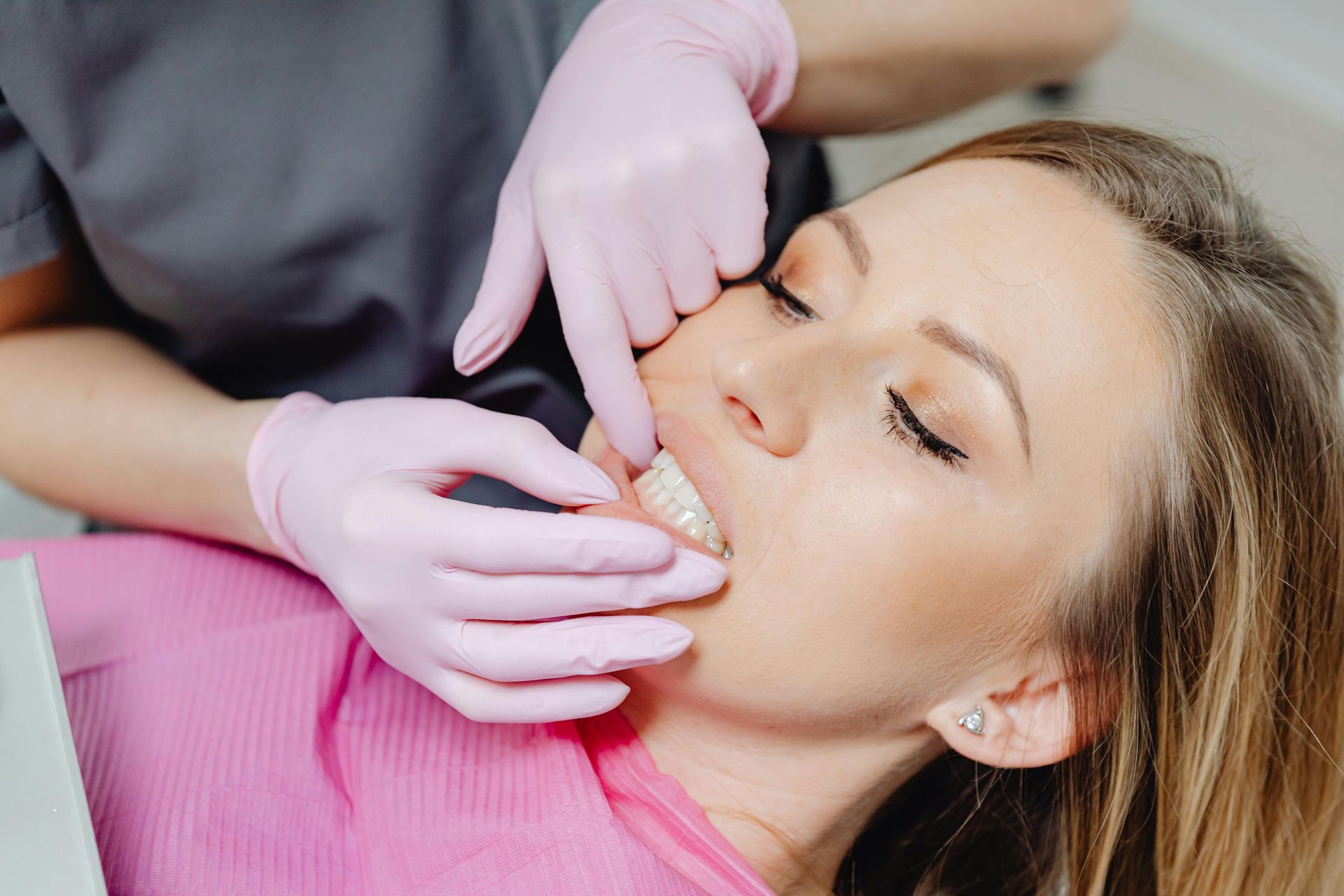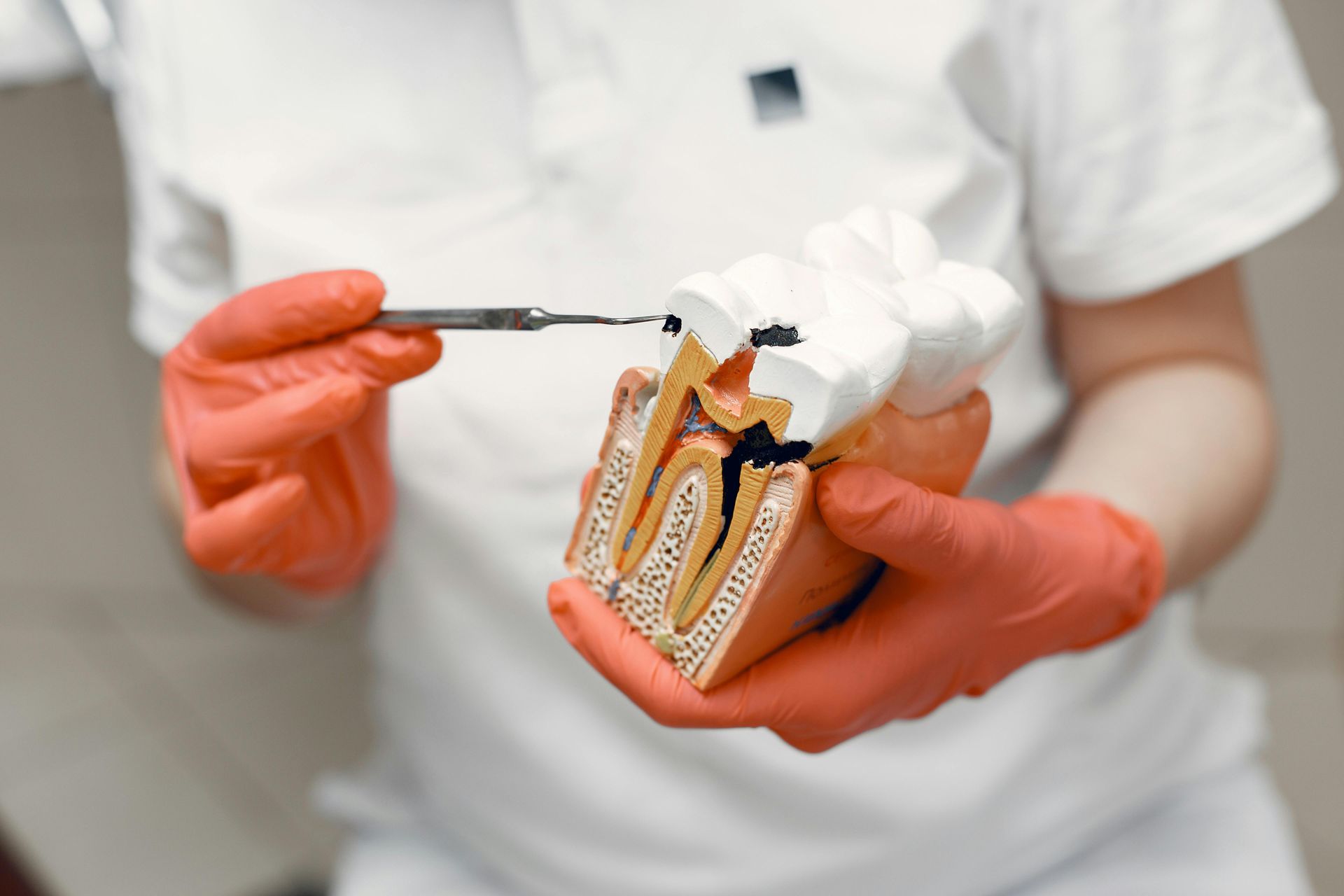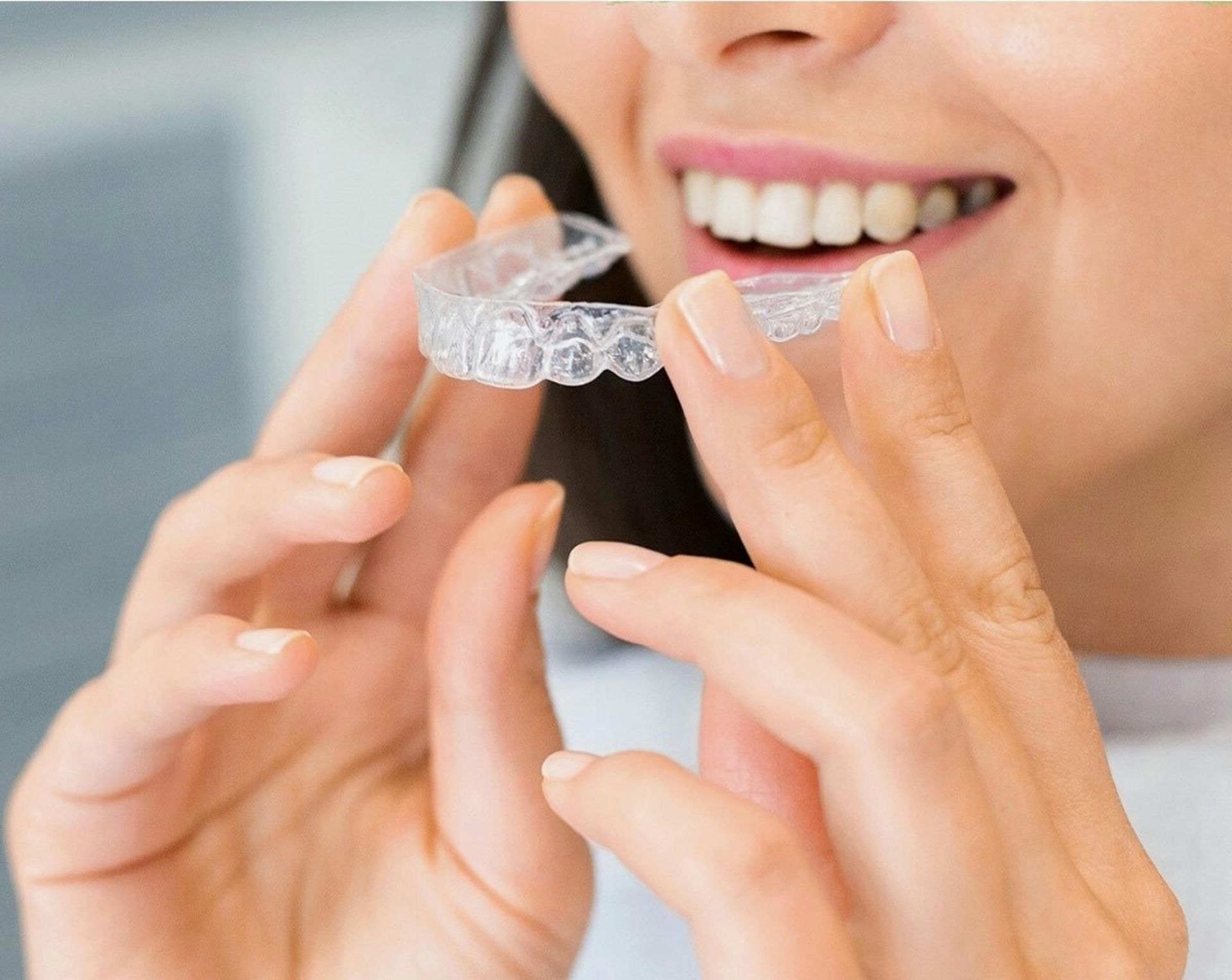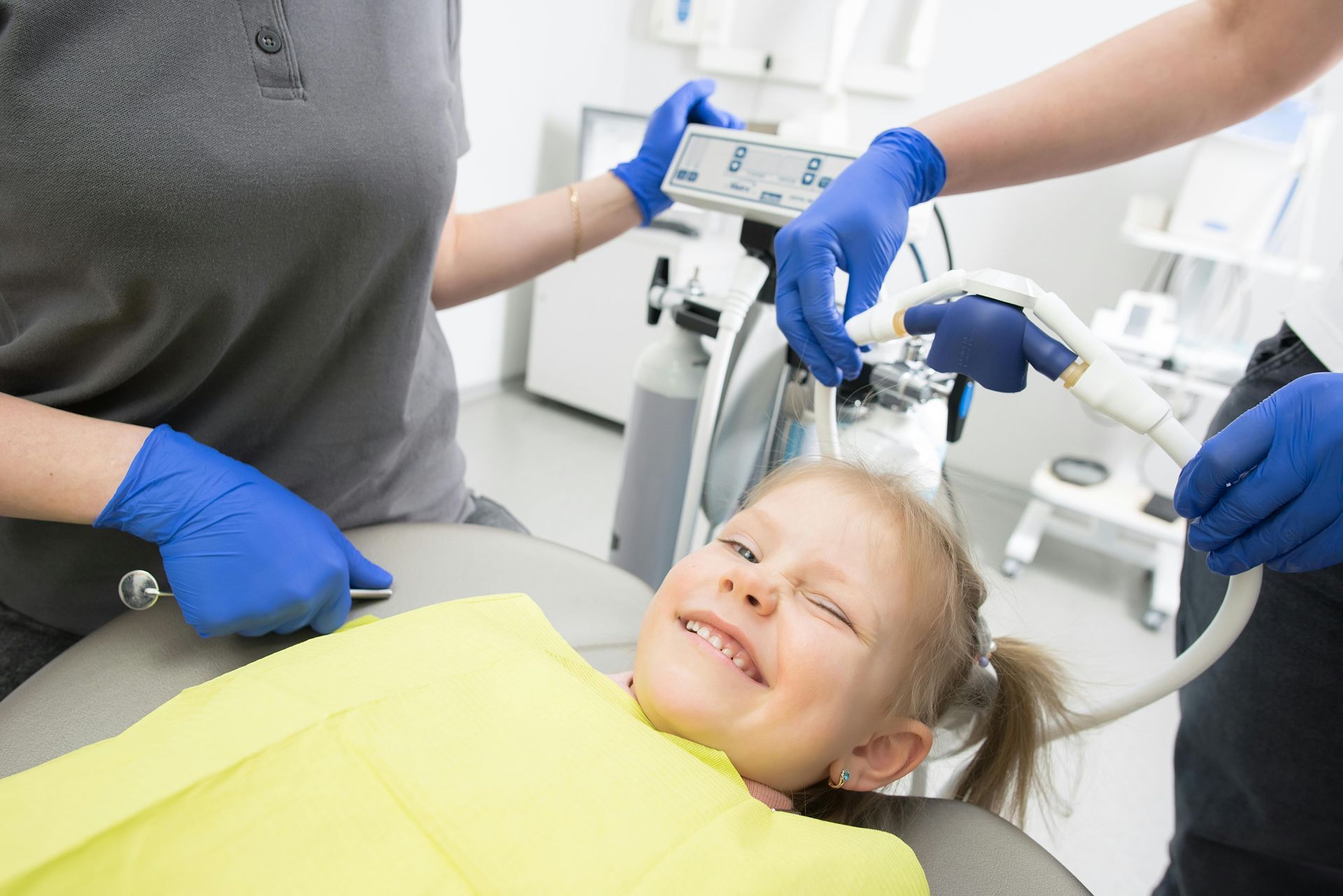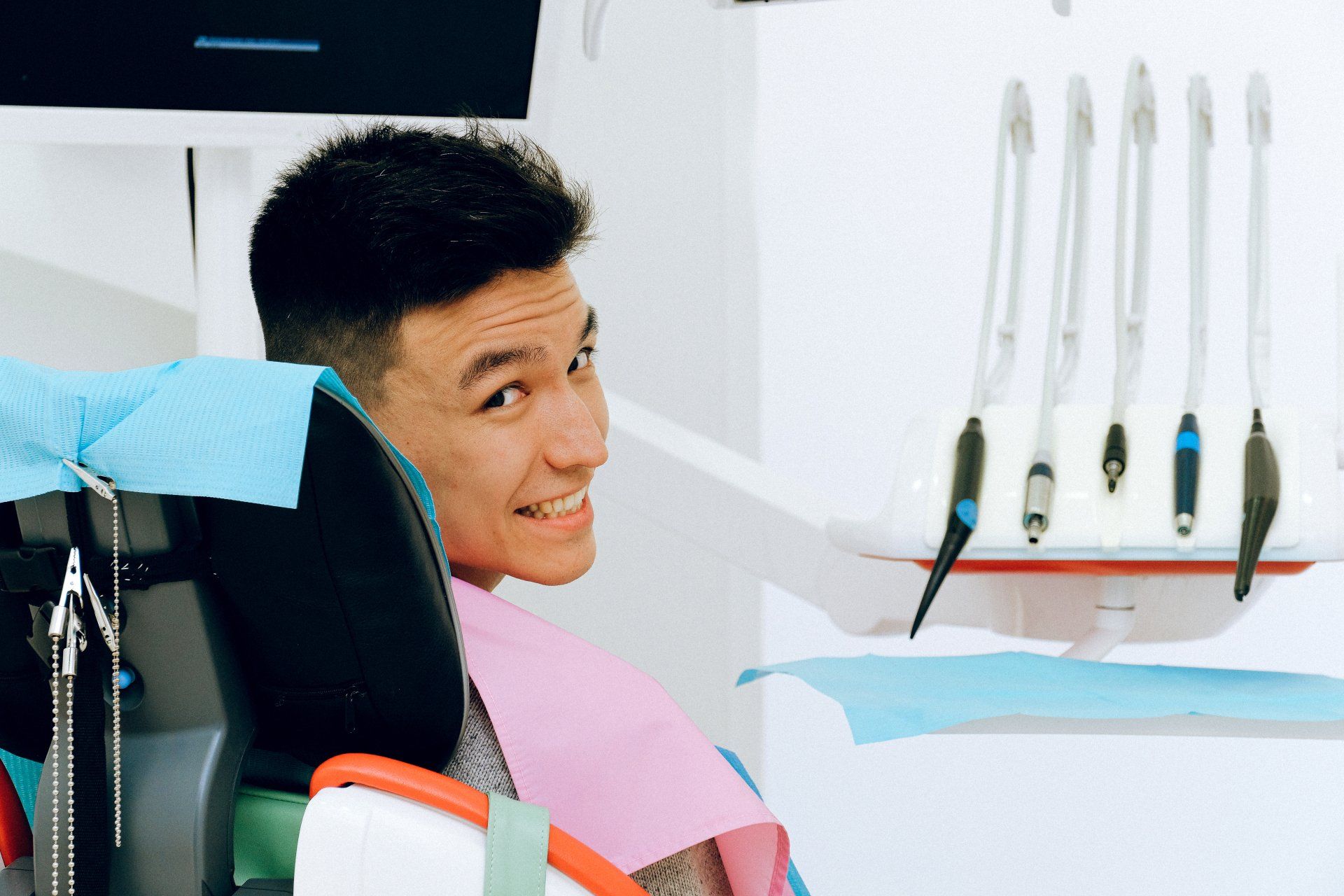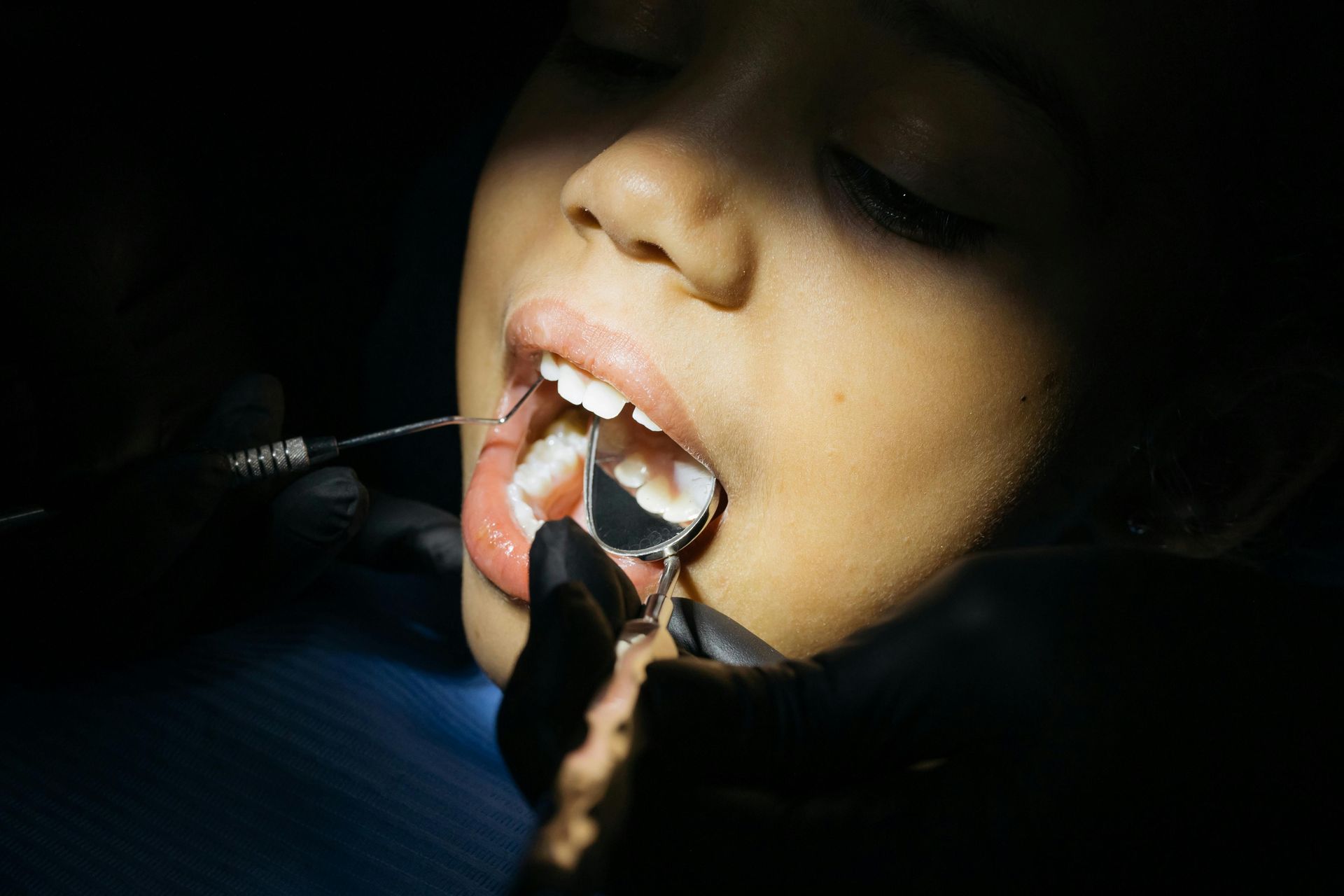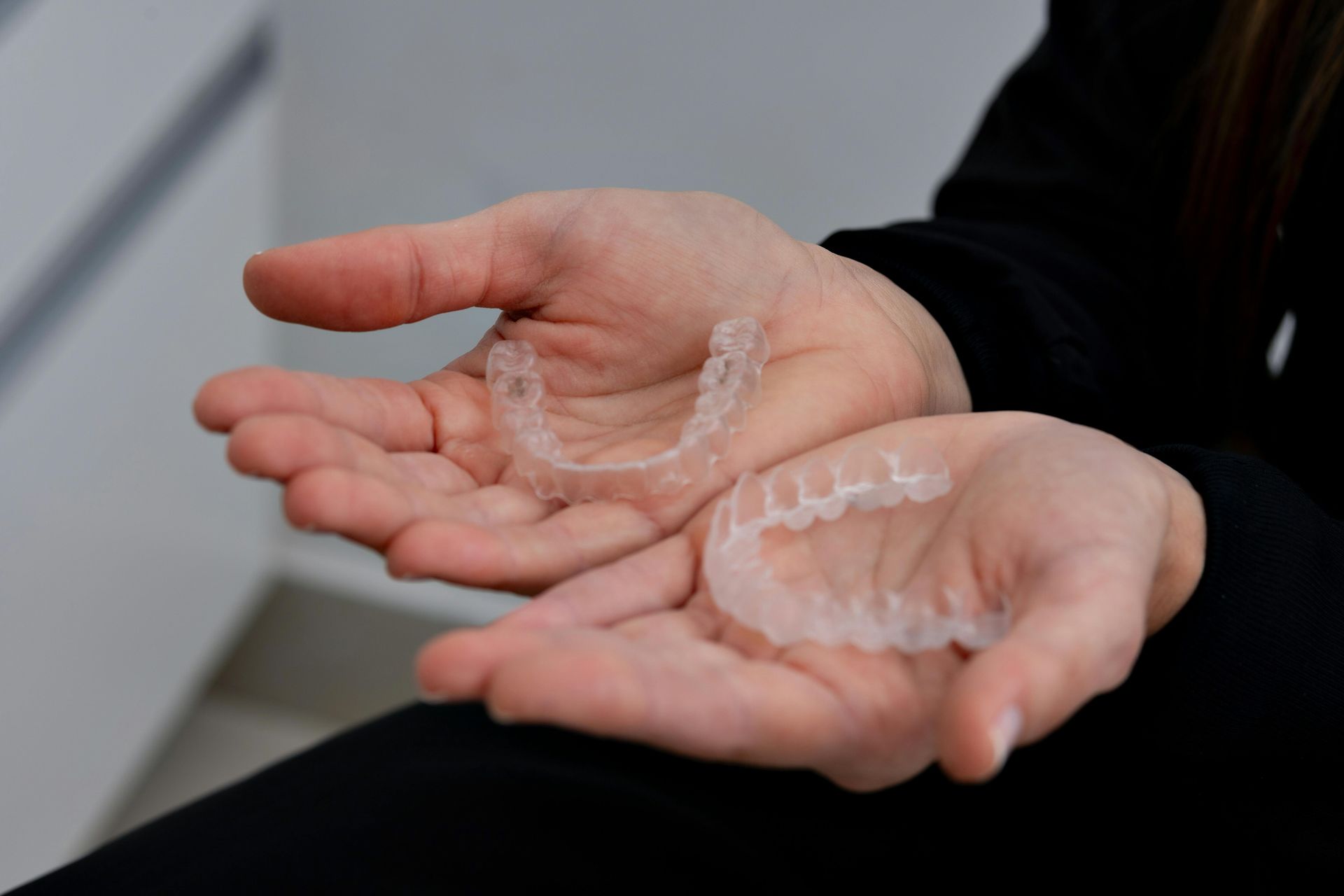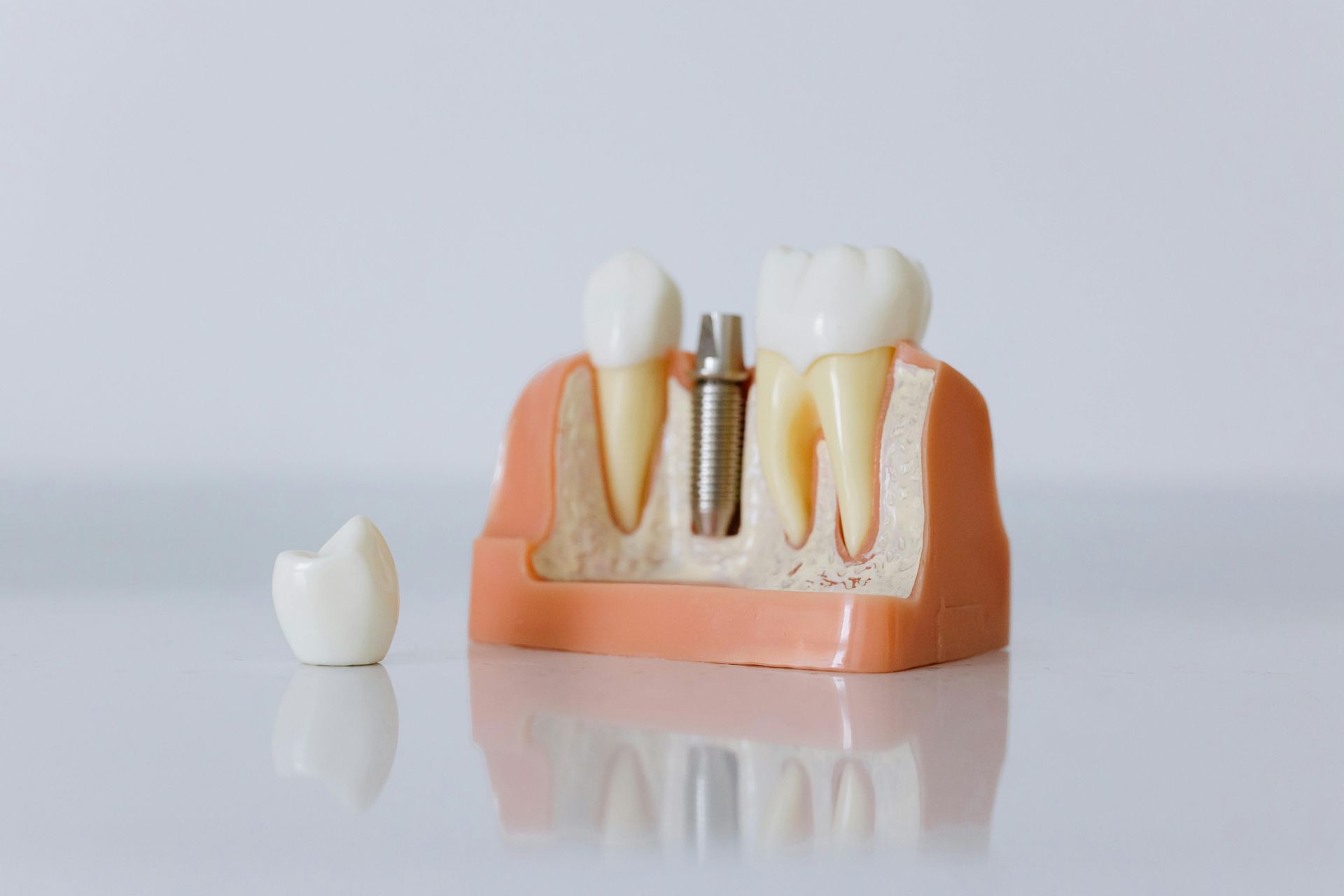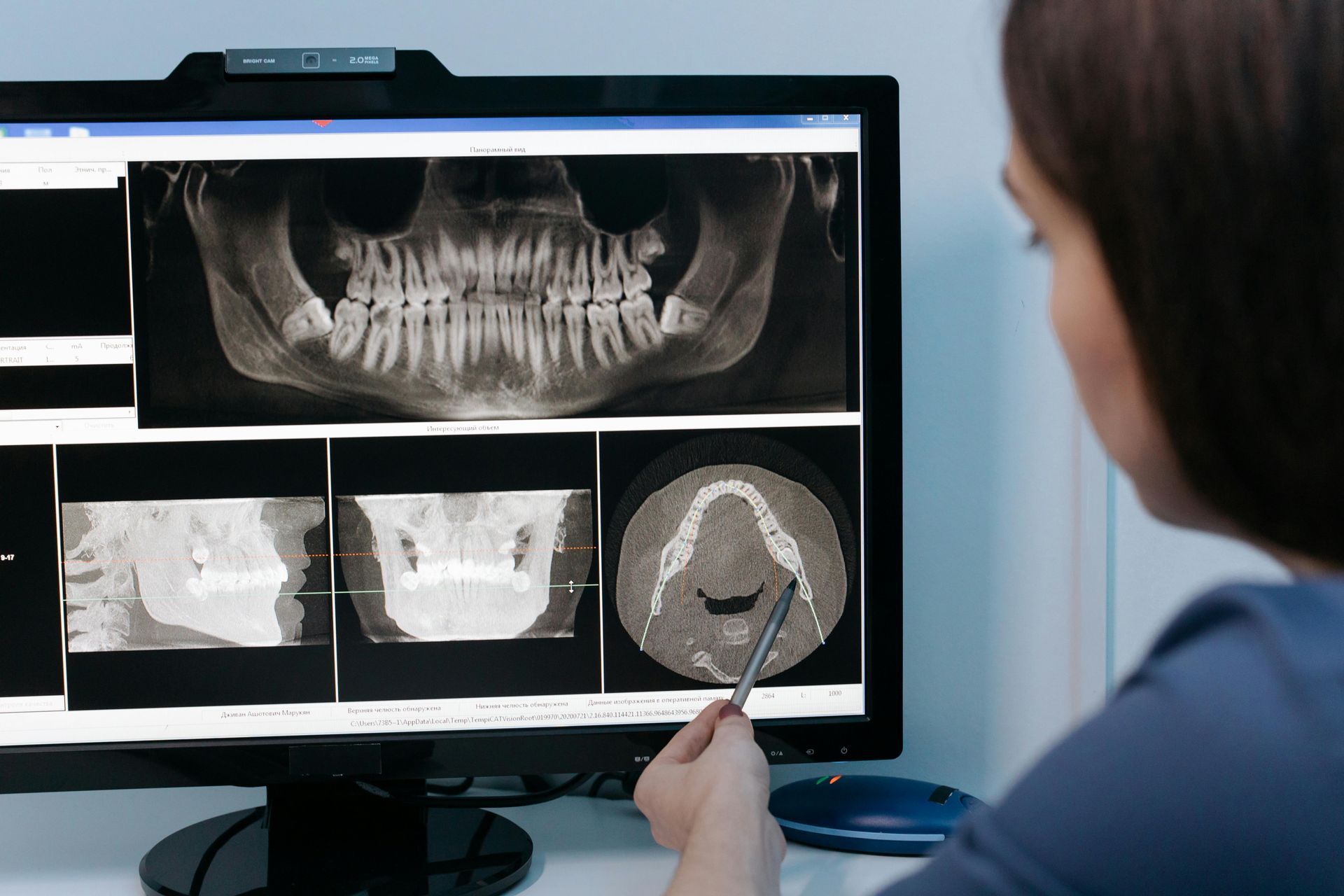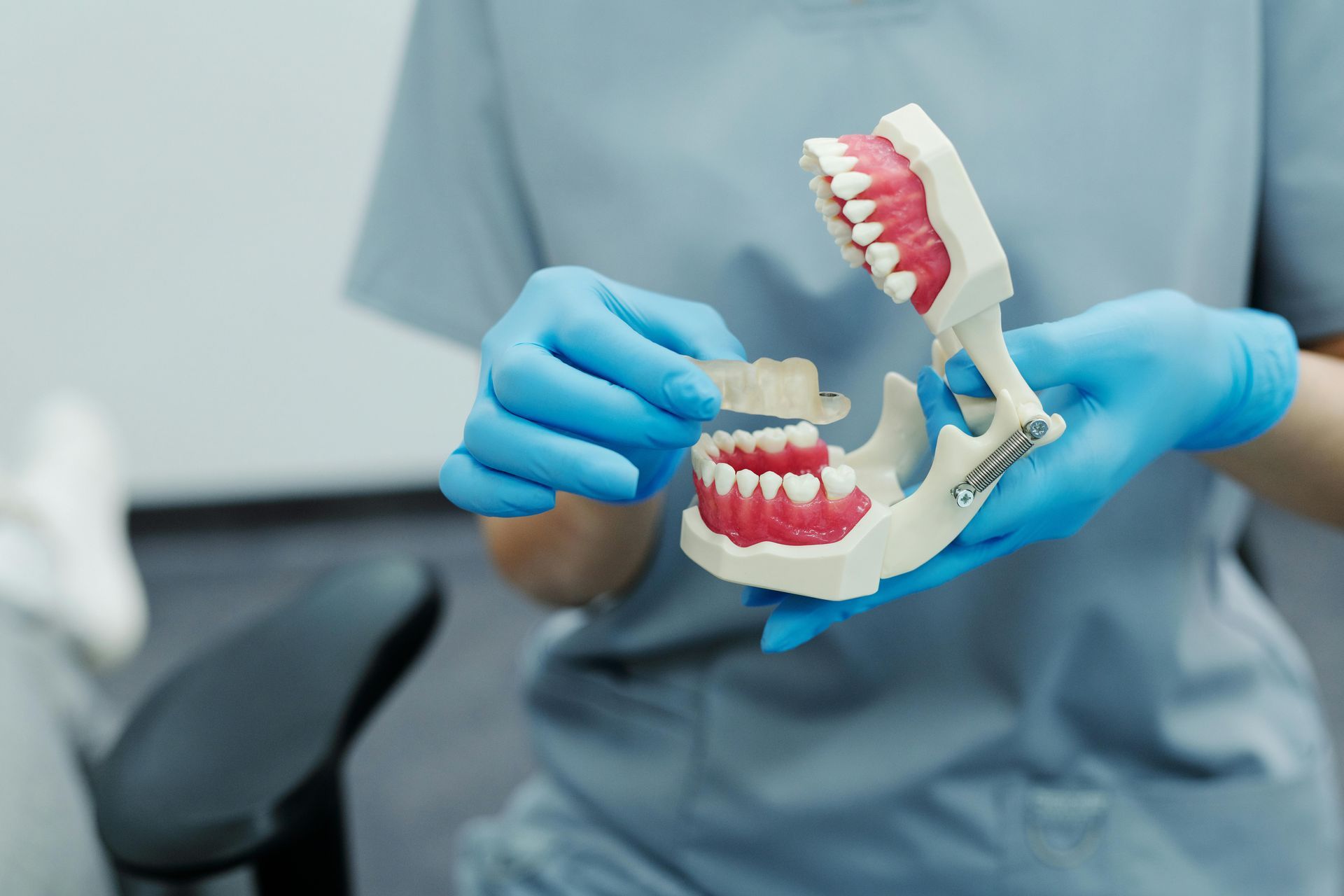Yes, You Can Get Your Kid to Enjoy Brushing Their Teeth
Helping Kids Build Healthy Brushing and Flossing Habits
Many dental habits begin in childhood, which is why developing a consistent brushing and flossing routine early is so important. While keeping kids engaged in dental hygiene can be challenging, there are creative ways to make the process more enjoyable and set them up for lifelong oral health.
Why Dental Care Is Important for Kids
Children’s teeth go through significant development from infancy through adolescence. By age three, most children have all 20 primary (baby) teeth. As they grow, permanent teeth begin to emerge, and by around age 12, children typically have a mix of primary and permanent teeth.
Healthy teeth play a critical role in:
- Proper facial development
- Clear speech formation
- Good nutrition and chewing ability
- Creating space and guidance for permanent teeth
Establishing a daily brushing and flossing routine early helps protect children’s teeth now and supports strong oral health well into adulthood.
For families in Sacramento, California, Dr. Peter Kim and the team at Sierra Oaks Dental help parents support their children’s dental health at every stage of development.
Common Dental Problems in Children
Tooth Decay and Cavities
Dental caries, or tooth decay, are common in children and are often linked to sugary foods and drinks combined with inconsistent brushing and flossing. Poor oral hygiene allows plaque to build up, increasing the risk of cavities.
Baby Bottle Tooth Decay
In infants and toddlers, frequent exposure to sweetened liquids such as juice, formula, or milk can lead to baby bottle tooth decay. This condition affects primary teeth and may interfere with the development of permanent teeth.
Oral Habits That Affect Tooth Development
Habits such as thumb sucking, lip sucking, and tongue thrusting can influence how teeth grow. These behaviors may contribute to bite problems like overbites or misalignment and can also affect speech development if left unaddressed.
How to Make Dental Hygiene More Fun for Kids
Children are more likely to stick with healthy habits when brushing and flossing feels enjoyable rather than like a chore. Here are a few ways to help make dental care more engaging.
Music and Movement
Incorporating music, singing, or dancing while brushing can keep kids entertained and encourage them to brush for the full recommended time. Creating a fun routine or story with characters they enjoy can also make the experience more appealing.
Make It Family Time
Brushing and flossing together allows parents to model good habits while ensuring children are using proper technique. When kids see adults practicing good dental hygiene, they are more likely to follow suit on their own.
Use a Reward System
Tracking brushing and flossing habits with a simple reward chart can motivate children to stay consistent. Small rewards for brushing twice a day can reinforce positive behavior and build long-term habits.
Choose a Kid-Friendly Dentist
Having a dentist who is experienced with children makes a big difference. A calm, friendly environment helps kids feel comfortable during visits, making them more likely to maintain good dental habits and attend regular checkups.
Pediatric Dental Care in Sacramento, CA
Making dental hygiene fun and engaging helps children develop habits that protect their smiles for life. If you have questions or concerns about your child’s oral health, professional guidance can help.
Families in Sacramento can schedule an appointment with Dr. Peter Kim and the team at Sierra Oaks Dental to learn more about supporting healthy dental habits for children at every age.
